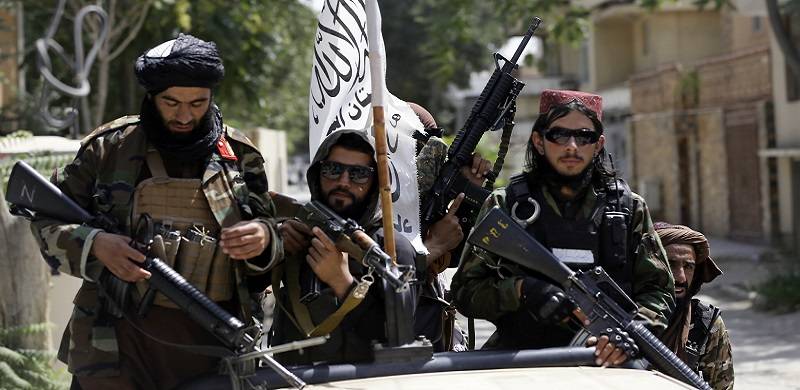
At least 100 former Afghan government officials and coalition members, including security forces and civil society activists, were killed by the Afghan Taliban since they took over Kabul in August, according to a report issued by the United Nations.
UN Secretary-General Antonio Guterres said that over two-thirds of the alleged killings were done so extrajudicially by the Taliban or known affiliates. The report also cites 44 cases of temporary arrests, beatings and threats of intimidation against former government and coalition members since the Taliban takeover.
“Despite announcements of general amnesties for former members of the Government, security forces and those who worked with international military forces, [the United Nations Assistance Mission in Afghanistan] UNAMA continued to receive credible allegations of killings, enforced disappearances, and other violations,” the report said.
At least three civil society activists have been reportedly killed by the Taliban, while another 10 reported arrests, beatings and threats by the Taliban. Three more civil society activists have been killed by the Islamic State in Khorasan Province (ISKP), which is also operating in Afghanistan.
On January 22, the sister of a woman's rights activist, Tamana Paryani, reported that the activist was carried away in chains by the Afghan Taliban, after she organized a protest for girls' education in Kabul. A video of the alleged encounter went viral on social media.
Although the Afghan Taliban had promised a more inclusive government and amnesty for those who worked with the previous Afghan government, or alongside international forces, since their takeover in August, the all-male government has enacted severe restrictions on women and a general clamp down on civil society.
“The situation in Afghanistan remains precarious and uncertain six months after the Taliban takeover as the multiple political, socio-economic and humanitarian shocks reverberate across the country,” the UN secretary-general concluded in the report.
While no country has formally recognized the Taliban government in Afghanistan, last week, Pakistan's National Security Adviser (NSA) Moeed Yusuf met with the Afghan Taliban to discuss bilateral economic and humanitarian matters. The two governments have recently vowed to remain 'good neighbors.'
UN Secretary-General Antonio Guterres said that over two-thirds of the alleged killings were done so extrajudicially by the Taliban or known affiliates. The report also cites 44 cases of temporary arrests, beatings and threats of intimidation against former government and coalition members since the Taliban takeover.
“Despite announcements of general amnesties for former members of the Government, security forces and those who worked with international military forces, [the United Nations Assistance Mission in Afghanistan] UNAMA continued to receive credible allegations of killings, enforced disappearances, and other violations,” the report said.
At least three civil society activists have been reportedly killed by the Taliban, while another 10 reported arrests, beatings and threats by the Taliban. Three more civil society activists have been killed by the Islamic State in Khorasan Province (ISKP), which is also operating in Afghanistan.
On January 22, the sister of a woman's rights activist, Tamana Paryani, reported that the activist was carried away in chains by the Afghan Taliban, after she organized a protest for girls' education in Kabul. A video of the alleged encounter went viral on social media.
Although the Afghan Taliban had promised a more inclusive government and amnesty for those who worked with the previous Afghan government, or alongside international forces, since their takeover in August, the all-male government has enacted severe restrictions on women and a general clamp down on civil society.
“The situation in Afghanistan remains precarious and uncertain six months after the Taliban takeover as the multiple political, socio-economic and humanitarian shocks reverberate across the country,” the UN secretary-general concluded in the report.
While no country has formally recognized the Taliban government in Afghanistan, last week, Pakistan's National Security Adviser (NSA) Moeed Yusuf met with the Afghan Taliban to discuss bilateral economic and humanitarian matters. The two governments have recently vowed to remain 'good neighbors.'

